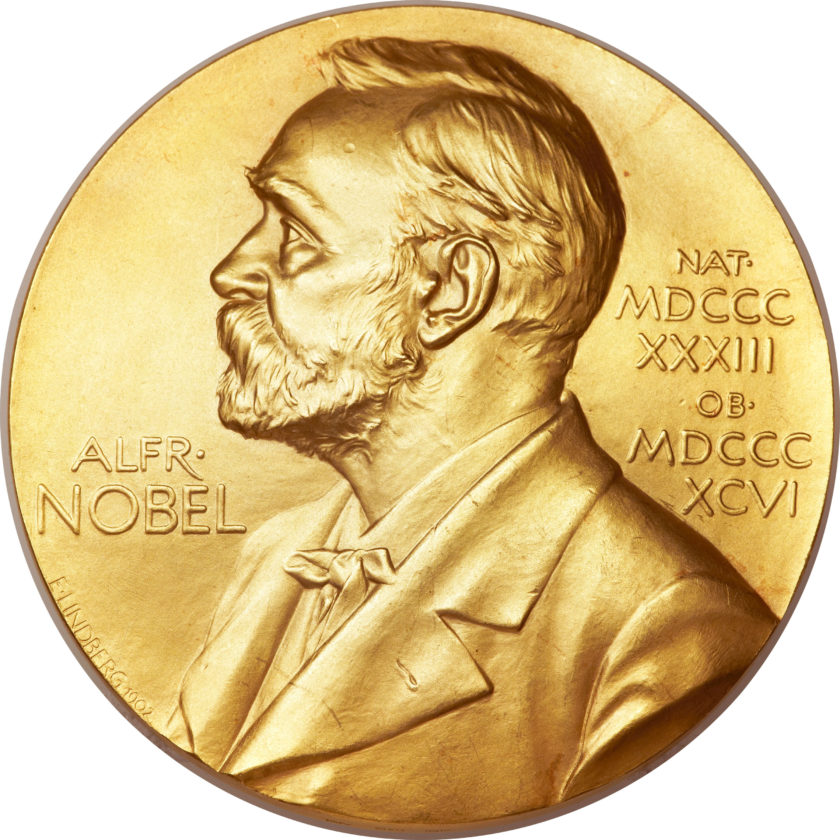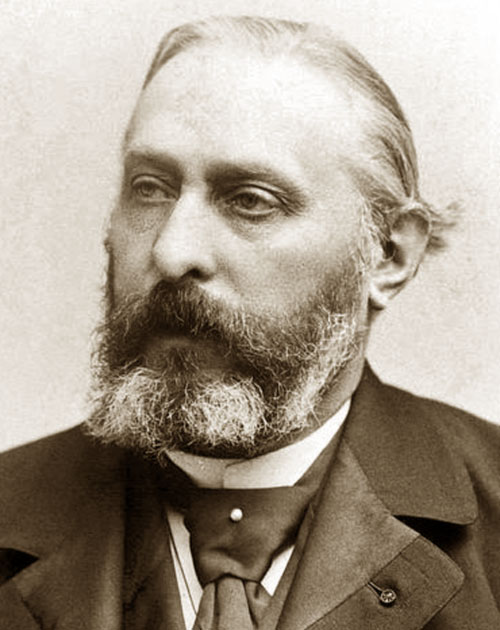
You may have heard last week that the 2014 Nobel Prize for Literature was awarded to the French novelist, Patrick Modiano. It’s the fifteenth time a French writer has won the prize since its inauguration in 1901, putting France at the very top of the Nobel league table, with more prizes for literature than all the countries of Africa, Asia and South America put together. How far this demonstrates something exceptional about French literary culture, and how far it’s a matter of the personal tastes of the Swedish jurors who award the prize, remains open to debate…
The very first Nobel Prize for Literature went to a Frenchman, the poet Sully Prudhomme in 1901. Next up were the Provençal poet Frédéric Mistral, writing in the Occitan language (1904), serial novelist Romain Rolland (1915), and Anatole France (1921), who followed the Nobel with the further ‘distinction’ (in his words) of having his entire literary output condemned by the Catholic Church the following year. The philosopher Henri Bergson and novelist Roger Martin du Gard complete the pre-war line-up. It’s probably fair to say that none of these first six is very widely read these days, although Bergson’s essays about consciousness are enjoying something of a revival in the era of cognitive science. During this period, the prize committee managed to miss both Émile Zola (who died in 1902) and Marcel Proust, although we should forgive the latter oversight, since Proust died before the later volumes of his masterpiece were in print.

Post-war, the Nobel jury have a better record of picking winners who last. The novelists André Gide (1947), François Mauriac (1952), Albert Camus (1957) and Jean-Paul Sartre (1964) who turned it down, plus the slightly more left-field choice of the poet Saint-John Perse (1964), make up the next generation. Samuel Beckett (1969) is counted by the Nobel organization for the Ireland of his birth rather than his adopted homeland, otherwise the French total would be sixteen. Avant-garde New Novelist Claude Simon won the prize in 1985, followed by Chinese émigré, Gao Xingjian (2000). Lastly, J. M. G. Le Clézio, who writes about colonisation, immigration, and the confrontation of cultures, won the prize in 2008.

All the French winners have been men, as you can see, and this in a period when such luminaries as Simone de Beauvoir, Marguerite Yourcenar, Nathalie Sarraute and Marguerite Duras were writing. The Nobel prize for literature didn’t have a great record through the twentieth century in recognizing women writers of note from any nation, although it’s now getting better. Perhaps Marie NDiaye or the French-Algerian writer, Assia Djebar, will catch their eye soon and make good this failing by providing French literature with its first female laureate.
Modiano, the new Nobel laureate, is a writer whose work I know well and like a lot. I’ve written about him a couple of times, and he features prominently in the undergraduate option I teach about French representations of the Second World War, the Occupation and the Holocaust. He’s a prolific writer, with over thirty novels published, along with the screenplays to several films. His novels are short, accessible, and are usually variations on the same theme of troubling and faded memory, a struggle to capture an identity (the character’s own or someone else’s), and a dark and secret past that often connects to the Nazi Occupation of France. A few years ago, when I read a dozen Modiano novels in the space of a few months, I did get the feeling that he sometimes comes close to writing the same story over and over again, but he does it so well, in such haunting and moving style, that we can forgive him a certain, shall we say, specialization in his work.

A lot has been written online about Modiano in the past few days. You can read introductions to the man and his work in English here and here, and in French here or here, plus a guide to the five ‘most essential’ Modiano novels here. He’s an excellent writer to take on as your first attempt on a French novel in the original language. Rue des boutiques obscures is probably his best known novel, about an amnesiac detective attempting to uncover his own missing past. My favourite, though, is the non-fiction Dora Bruder, about Modiano’s discovery of an advertisement placed in a 1941 Paris newspaper by worried parents looking for their missing daughter, and about his subsequent efforts to uncover her story. Dora Bruder will be making an appearance in our book club early next year, when we’ll talk a little more about French literature’s reluctant new global celebrity.
